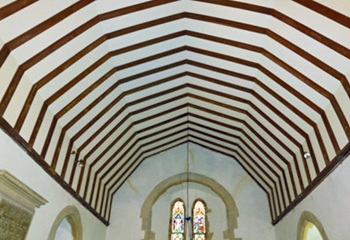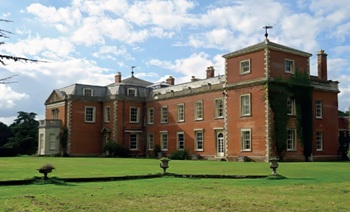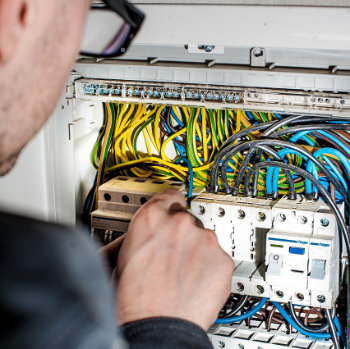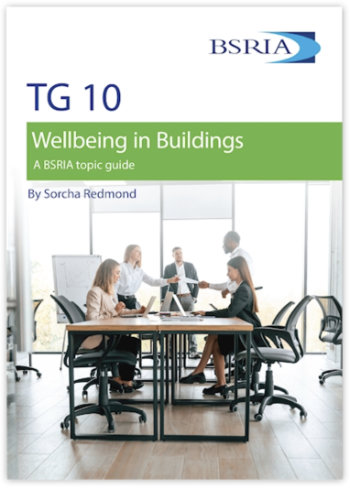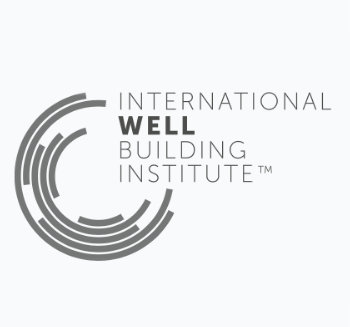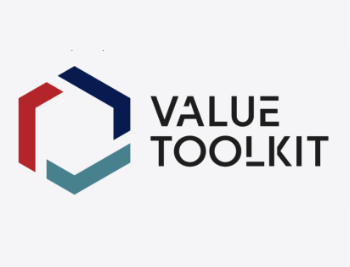A long term view on European heating markets
[edit] BSRIA HVAC 2032 Study
Until 2023, the HVAC industry held firm views on the development of the European heating markets: in residential segment the dynamic and continuous displacement of fossil fuel boilers by heat pumps was widely expected until the end of the decade. 2023 has undermined this trend, and market developments in 2024 have added to the industry worries: heat pumps’ aggregated sales reported in five key European heating markets (UK, Italy, France, Germany, NL) have posted a double-digit decrease. This downward trend has been replicated across all other heating technologies, except for electric boilers.
Several factors impact sales of heat pumps, but coherent policy direction across several industry sectors (including energy and education) and the availability of financial incentives are the most powerful drivers. Both have been weakened in Europe over the last two years.
After a notable delay in launching one of the key EU drivers to support decarbonisation of heat, The Heat Pump Accelerator Platform has gone life in November 2024. The platform is expected to promote collaborative, cross country efforts to create market and industry environment favourable to the deployment of heat pumps. It will bring renewed focus on the decarbonisation and electrification of heating, which over the last years have been falling behind issues more relevant to country-specific problems, often related to stagnant economies.
Weak economic growth, high borrowing costs, and general uncertainty about the future undermined consumer confidence and willingness to invest in green solutions. Short-term worries around the immediate cost impact on day-to-day life seem to prevail over awareness of the longer-term carbon impact on climate change.
Incentives which support consumers’ adoption of heat pumps have been reduced over the last two years in several European markets. UK has recently reversed the trend by topping up funds available to those who want to replace fossil fuel boiler by a heat pump.
Despite these positive signs that decarbonisation of residential heating comes back into policy maker focus, there seems to be a shift towards a more balanced relationship between government push and consumer pull for heat pumps in residential dwellings. In this new context, other technologies alternative to fossil fuel boilers start gaining ground. In conjunction with the development of district heating (often including heat pumps in heat generation plants), heat interface units grow in popularity. Electric boiler market, even though small in volume, follows an ascending trend.
BSRIA new study evaluates scenarios for residential heating market’s progress in the UK, Italy, France, Germany and Netherlands heating markets in the coming decade.
Policy development and financing abilities are considered alongside several other significant factors impacting future installations of fossil fuel boilers and alternative heating solutions in residential segment. Our view of the future decarbonisation of heating embraces the expansion of electrification and district energy networks.
The report provides two sales scenarios for sales of fossil fuel boilers, electric boilers, hydronic heat pumps (including hybrid units), air-to-air heat pumps, electric boilers and heat interface units which can heat and cool as part of community or district heating networks.
A European report comprising analysis for each of the key five heating markets (UK, Italy, France, Germany, France and the Netherlands is available from February 2025.
For further information on European HVAC 2032 report, please contact our sales department at wmisales@bsria.com.
This article appears on the BSRIA news and blog site as 'BSRIA HVAC 2032 Study' dated February 2025.
--BSRIA
[edit] Related articles on Designing Buildings
- Air conditioning.
- Air handling unit.
- BSRIA articles.
- BSRIA definitions.
- Building management systems.
- Building services
- Building services engineer.
- CFD.
- Dehumidification.
- Displacement ventilation.
- Drivers of change in global heating markets.
- Ductwork.
- Fan coil unit.
- Heating.
- Heating ventilation and air conditioning HVAC
- Humidification.
- HVACR.
- Mechanical, electrical and plumbing MEP.
- Mechanical ventilation.
- Natural ventilation.
- Plant room.
- Refrigeration.
- Thermal comfort.
- Ventilation.
Featured articles and news
A long term view on European heating markets
BSRIA HVAC 2032 Study.
Humidity resilience strategies for home design
Frequency of extreme humidity events is increasing.
National Apprenticeship Week 2025
Skills for life : 10-16 February
Update on the future of Grenfell Tower
Deputy Prime Minister decides for it be carefully taken down to the ground.
Ending decades of frustration, misinformation and distrust.
Essential tools in managing historically significant landscapes.
Classroom electrician courses a 'waste of money'
Say experts from the Electrical Contractors’ Association.
Wellbeing in Buildings TG 10/2025
BSRIA topic guide updates.
With brief background and WELL v2™.
From studies, to books to a new project, with founder Emma Walshaw.
Types of drawings for building design
Still one of the most popular articles the A-Z of drawings.
Who, or What Does the Building Safety Act Apply To?
From compliance to competence in brief.
The remarkable story of a Highland architect.
Commissioning Responsibilities Framework BG 88/2025
BSRIA guidance on establishing clear roles and responsibilities for commissioning tasks.
An architectural movement to love or hate.
Don’t take British stone for granted
It won’t survive on supplying the heritage sector alone.
The Constructing Excellence Value Toolkit
Driving value-based decision making in construction.














